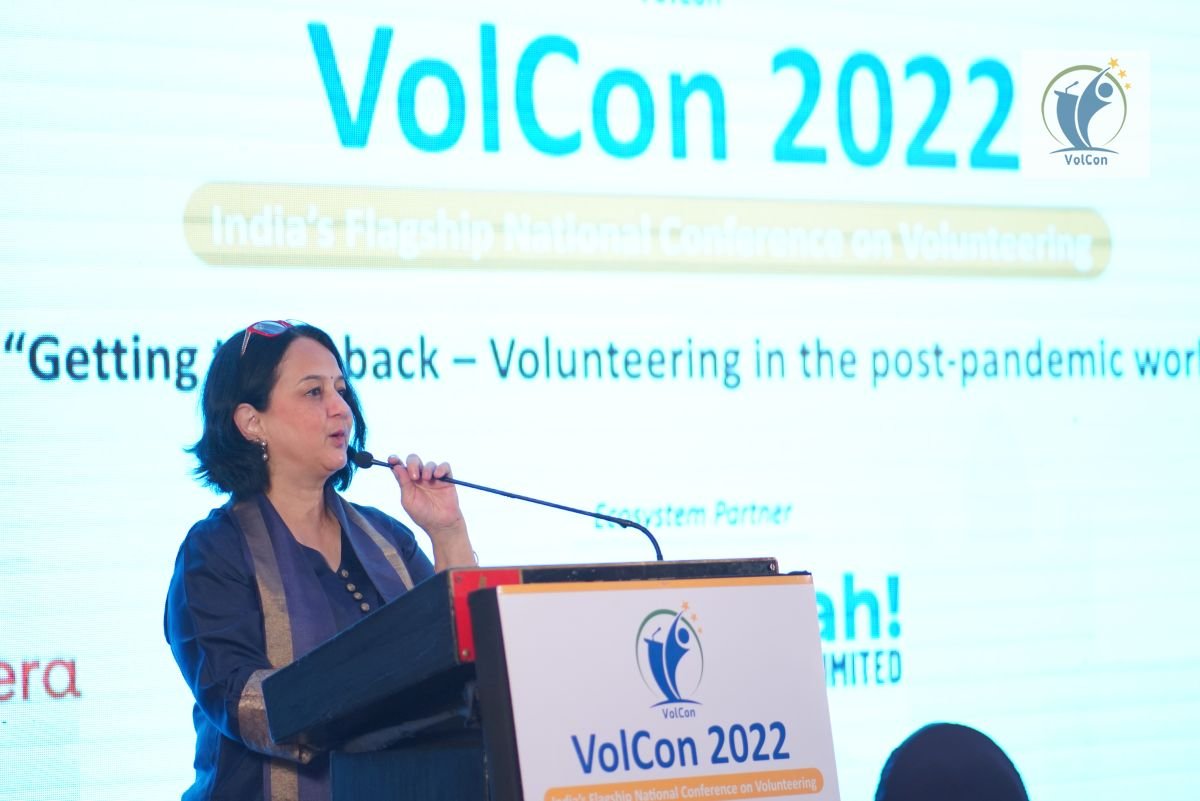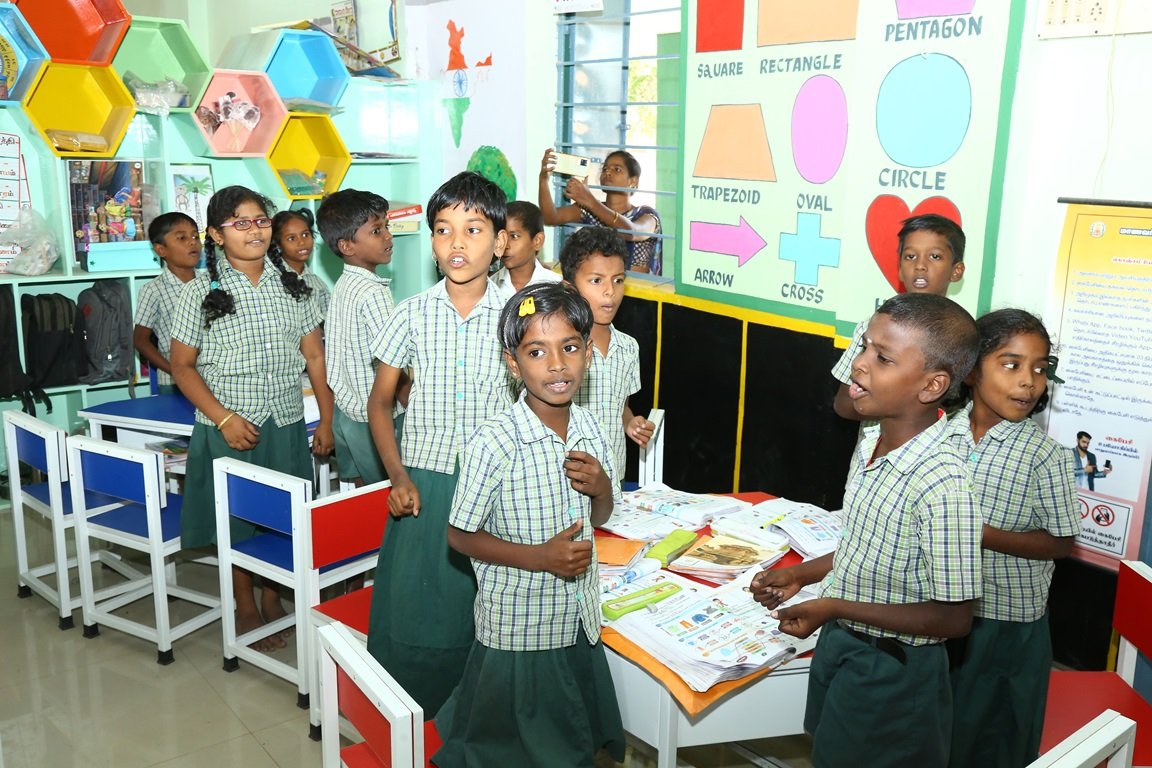YOUTH SKILLS
Empowering Youth
On this July 15, the United Nations (UN) would be celebrating the 4th World Youth Skills Day (WYSD). On 18 December 2014, the United Nations General Assembly adopted by consensus, a resolution led by Sri Lanka, declaring 15th July as the World Youth Skill Day. Sri Lanka initiated this resolution to highlight, at a global level, the importance of youth skills development. Youth is that stage of a person’s life where the decisions one makes, the actions one takes, the education and training one gets plays a crucial role in his future. Youth, as it is rightly said, is the future of any country. People in their youth are the leaders of tomorrow and therefore, it is essential that all the necessary facilities are provided to the younger generation which will help them in taking the nation forward. The need to empower youth for a better tomorrow is both connected to the elevation in the financial standards as well as the standard of living. According to the Head of the UNESCO- UNEVOC International Centre, Mr Shyamal Majumdar – “This (WYSD) is the day to celebrate the achievements of the young people in technical, vocational education and training”. The importance of this day can be understood from the fact that according to a 2016 report by the Organisation for Economic Cooperation and Development (OECD), number of young people in the world without a job remains over 10 percent. The population of youth outof- school and not in education, employment and training (NEETs) is booming. According to an International Labour Organization (ILO) publication, 71 million young people were estimated to be unemployed in 2015 and this number is expected to increase further. So, it becomes mandatory to look at the reasons leading up to this dire state of unemployment and under-employment what can be the possible solutions to reduce it.
Lack of access of technical and vocational education and training (TVET), lack of apprenticeships in the industry, skill mismatch between the supply and demand, poor vertical mobility and lower status of TVET are some of the major problems. Mr. Majumdar in an official video available on YouTube, says “If education is the key for development, TVET is the master key to alleviate poverty, gain employment and promote sustainable development.” Insufficient number of internships prevents the recently educated younger people from having a precious practical experience of how the industry works and what additions and improvisations need to be made in their skills in order to adapt to the environment of the industry. Skill mismatch is another major obstacle in the path of the development of the youth skills. Over-qualified students are now populating jobs that, traditionally, had been taken up by school drop outs such as banking and real estate, to name just two. While there is no suggestion that countries should give up on ambitions to have a world-class education system, the changing economic needs of nations demands that students are offered better career advice as it has been observed that more and more occupations and professions are being colonised by people with degrees, regardless of whether they actually need them to do the job. Narrowly focused qualifications are a major contribution to the skill mismatch. Youth is being skilled with knowledge and training that has expired and isn’t enough to deal with the ever-increasing demands of the workplace.
Poor vertical mobility, another important issue, refers to the inability of youth to move from an occupation lower in grade and status to a job in a higher grade and status which may require superior intelligence, financial backing and sometimes, a social or a political push. For example, when a teacher in school becomes a professor in college, it’s a classic case of skill mismatch. Mobility of labour plays a big role in reducing unemployment. While there are still miles to go before this problem can be fully tackled, several countries and organisations are working night and day for the development of youth. These institutes help the youth by educating them, providing them financial assistance, giving them valuable industrial experience and preparing them for the future. They make the younger people adept in technical skills and provide them with essential vocational training which helps them in building confidence and developing a sense of belief. The United Nations itself has an important institute in this regard. The UNESCO-UNEVOC (UNEVOC is a made-up word combining UNESCO and VOCational education) International Centre expertises in technical and vocational education and training (TVET). Through significant programmes and policies which work in the longer run and are easily accessible to all, it helps UNESCO’s member states to strengthen and upgrade their TVET systems. It focuses on three priority areas, youth employment and entrepreneurship, equity and gender equality, and the transition to green economies and sustainable societies and aims to promote learning for the world of work.
India, the second most populated country in the world has the world’s largest youth population and therefore can play the protagonist in this initiative. One of the flagship schemes of the Government of India’s Ministry of Skill Development & Entrepreneurship (MSDE) is the Pradhan Mantri Kaushal Vikas Yojana (PMKVY) or as it is popularly known, the Skill India initiative whose objective is to enable a large number of Indian youth to take up industry-relevant skill training that will help them in securing a better livelihood. Individuals with prior learning experience or skills are also assessed and certified and financial assistance is provided by the Government itself. The key components of the scheme include Short Term Training, Recognition of Prior Learning, Special Projects, Kaushal and Rozgar Mela, etc. Recently, the Singapore e-Government Leadership Centre (eGL) at the National University of Singapore’s Institute of Systems Science (NUS-ISS) and National Skill Development Corporation (NSDC) under the Ministry of Skill Development and Entrepreneurship of the Government of India signed a Memorandum of Understanding (MoU) to enhance the skills in India’s workforce during India Prime Minister Narendra Modi’s visit to Singapore from 31st May to 2nd June 2018. They will cooperate and collaborate especially in the areas of vocational training on new-age technologies, training of trainers and assessors, and promoting life-long learning.
As part of this year’s WYSD observance, the UNESCO-UNEVOC International Centre is organizing a virtual conference on “Improving the image of TVET: Making TVET attractive to youth” and also, a SkillsinAction Photo Contest the details of which are available on the official website of UNESCO- UNEVOC. The need to promote and campaign for the World Youth Skills Day is now more important than ever before as the 2030 Agenda for Sustainable Development calls for a shift towards more sustainable and equitable economies and societies, which is not possible without today’s youth.




































